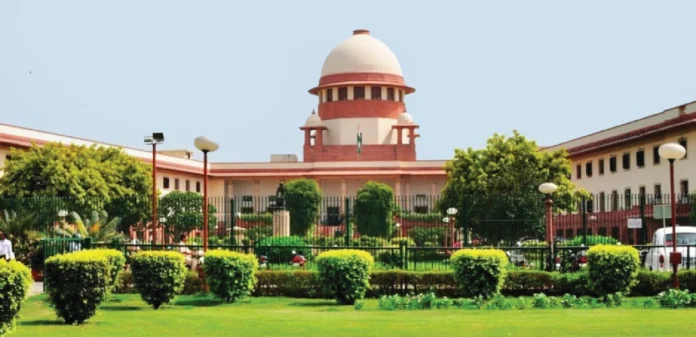By Neeraj Mishra
Does death finally transcend earthly divides? Can the deceased be laid to rest where they belonged in life? In a case that has sparked nationwide debate, the Supreme Court recently grappled with the plight of Ram Baghel, a Christian man seeking to bury his father in their native village of Chhindawada in Chhattisgarh. Villagers rejected the request, local authorities turned away, and a divided bench left the matter unresolved.
At the heart of the issue is a fundamental question: Does the right to burial fall under the ambit of constitutional rights? The case reflects the clash between social traditions and the individual’s freedoms protected under Articles 14, 15, 21, and 25 of the Indian Constitution.
The Case Unfolds
Baghel’s father, a third-generation Christian pastor belonging to the New Apostolic Church, passed away on January 7, 2025. Hoping to bury him in their ancestral village, Baghel and his family faced fierce opposition from residents, who refused to allow a burial in the village and allegedly threatened them. The family received no support from the gram panchayat or local police, forcing them to transport the body to a mortuary in Jagdalpur, where it remained for weeks.
Baghel petitioned the High Court at Bilaspur for relief, citing precedents that recognized the right to burial as a part of Article 21. However, the High Court dismissed his plea, contradicting its own 2024 ruling that burial is a fundamental right. Baghel then approached the Supreme Court, presenting arguments based on the Chhattisgarh Panchayat Raj Adhiniyam, 1993, which mandates gram panchayats to facilitate burials. He also noted that even Naxalites had been given burial rights in their villages.
Local authorities, however, claimed that a burial site for Christians was available 20-25 kilometers away in the village of Karkapal. They argued that no separate burial ground existed in Chhindawada and implied that converting to Christianity stripped individuals of traditional burial rights in the village.
A Divided Supreme Court
Justice BV Nagarathna expressed strong disapproval of the authorities’ stance, highlighting their failure to uphold secular principles and constitutional mandates. She criticized the ASP of Bastar for declaring that converted Christians could not be buried in the village, calling it a violation of Articles 14 and 15(1) of the Constitution. Justice Nagarathna concluded that Baghel’s father should be allowed burial on private land within Chhindawada.
Conversely, Justice Satish Chandra Sharma emphasized the limitations of constitutional rights, particularly when they intersect with public order and established legal procedures. He asserted that while individuals have the right to burial, they cannot unilaterally dictate its location if it disrupts societal harmony.
With the bench split, the Court reached a temporary consensus: the body, lying in a mortuary for over three weeks, would be buried in the Christian community graveyard in Karkapal. The larger question of burial rights, however, remains unresolved, awaiting a larger bench’s decision.
Row Over Burial
When a Christian man sought to bury his father in their native village, he faced resistance from villagers and local authorities, sparking a legal battle that questions the very principles of secularism, constitutional rights, and human dignity.


